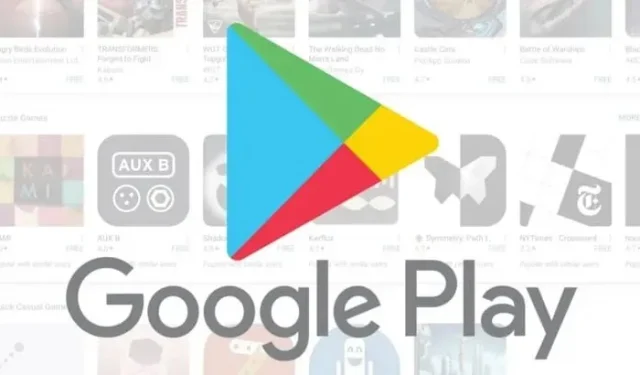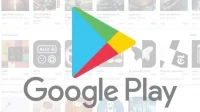Google will be testing alternative payment platforms in its Play Store. The first pilot project for Spotify will be released soon.
As part of a program that could have very serious implications for the tech industry, Google is launching a pilot project to test alternative payment systems on Android and the wider ecosystem. Mountain View recently announced this. This pilot will be conducted with a small number of volunteer developers, starting with the very popular Spotify.
Google will test alternative payment platforms in its Play Store
As such, in the coming weeks or months, Spotify users who have downloaded the platform app through the Play Store will be able to pay for their Premium subscription either through the Google payment platform or through Spotify. “For the first time, these two options will live side by side in the app,” explains the American giant. “This will give everyone the ability to subscribe and make purchases using their preferred payment method, right within the Spotify app.”
Spotify said it will partner with Google on the feature in the coming months, with both product and engineering teams involved. “This pilot project will help us better understand the payment process for our users in different countries and for developers from companies of different sizes and categories,” explained Samir Samat, VP of Products at Google.
The first pilot project with Spotify will be released soon.
For Spotify, this announcement is a real victory, and a very important one. The streaming platform has spent the past few years battling the app store monopoly, culminating in 2020 when it formed the App Fairness Coalition with Epic Games to pressure Apple and Google to change their policies on the issue.
On the other hand, for Google, this pilot project is a defensive initiative. Like Apple, Mountain View has spent a lot of time and resources fighting legislation like the Open App Markets Act, which was recently passed by the US Senate Judiciary Committee. If this bill became law as it is, app store owners with more than 50 million users in the United States could no longer force third-party developers to use a forced payment system.


